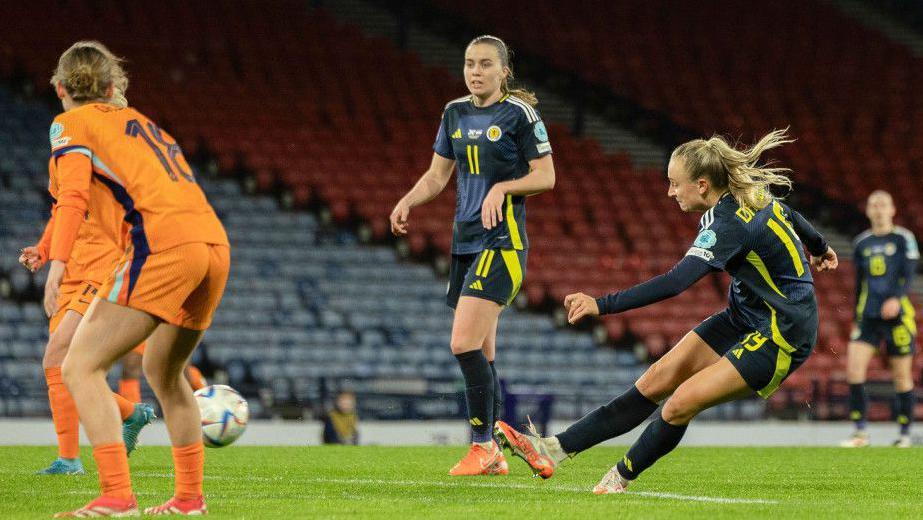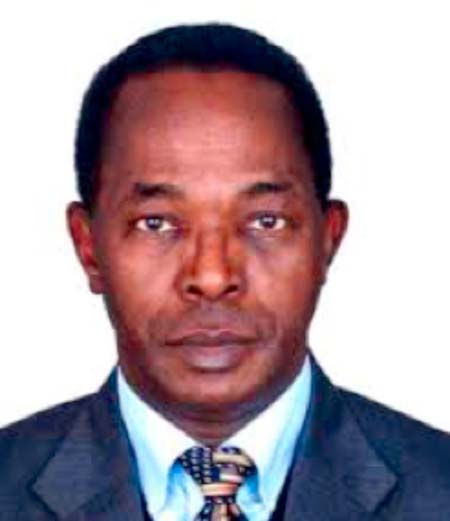News And PoliticsCommunications And EntertainmentSports And FitnessHealth And LifestyleOthersGeneralBusiness And MoneyWorldnewsNigerianewsRelationship And MarriageStories And PoemsArts And EducationScience And TechnologyCelebrityEntertainmentMotivationalsReligion And PrinciplesNewsFood And KitchenHealthPersonal Care And BeautyBusinessFamily And HolidaysStoriesIT And Computer ScienceSportsRelationshipsLawLifestyleComedyReligionLifetipsEducationMotivationAgriculturePoliticsAnnouncementUSMLE And MedicalsMoneyEngineeringPoemsSocial SciencesHistoryFoodGive AidBeautyMarriageQuestions And AnswersHobbies And HandiworksVehicles And MobilityTechnologyFamilyPrinciplesNatureQuotesFashionAdvertisementChildrenKitchenGive HelpArtsWomenSpiritualityQuestions AnsweredAnimalsHerbal MedicineSciencePersonal CareFitnessTravelSecurityOpinionMedicineHome RemedyMenReviewsHobbiesGiveawayHolidaysUsmleVehiclesHandiworksHalloweenQ&A
Top Recent
Loading...
You are not following any account(s)
profile/5377instablog.png.webp
Instablog9ja

Troops Arrest ISWAP Members Disguised As Tailors In Plateau
~3.2 mins read

Troops Arrest ISWAP Members Disguised as Tailors in Plateau
Troops of Operation SAFE HAVEN (OPSH) have arrested two suspected members of the Islamic State’s West Africa Province (ISWAP) who were posing as tailors in a bid to set up a t+rrorist cell in Plateau State.
The suspects, Abdulkadir Dalhatu and Ubaidu Hassan, both 25, were captured during a joint intelligence-led operation on April 11 in Yelwa, Shendam LGA.
According to OPSH spokesperson, Major Samson Zakhom, the duo were part of an ISWAP network assigned to establish operational bases in Plateau and Bauchi under orders from a senior ISWAP commander.
“They used tailoring as cover for their activities,” Zakhom said, adding that both men are in custody and will be prosecuted under Nigerian law.
In separate operations, OPSH troops also raided criminal hideouts and neutralised armed thr+ats across the state.
On April 11, troops stormed a hideout in Mazat village, Barkin Ladi LGA. Though the prime suspect escaped, soldiers recovered an AK-47 rifle and magazine from the scene.
The next day, April 12, troops carried out an ambush along the Pinau-Bangalala Road in Wase LGA, targeting suspected bandits. One bandit was k+lled, while others fled with possible inj¥ries. A locally-made p+stol was recovered.
Major Zakhom credited the success of these operations to strong collaboration between security forces and local residents. “Timely intelligence from the public has been key,” he said. “We urge continued vigilance and support to rid the region of security thr+ats.”
Operation SAFE HAVEN is a joint military task force tackling te+rrorism, banditry, and communal v+olence in Plateau and neighboring states.
Continue reading on Instablog9ja
profile/5683FB_IMG_16533107021641748.jpg
News_Naija

Woman With Disability Crowned Miss Humanity
~0.9 mins read
The 10th edition of the Exquisite Queen Nigeria World beauty pageant recently crowned Adijat Adebayo, a deaf animator and advocate, as Miss Humanity. A statement sent to Saturday Beats by the organisers— Light Work Media House Limited— stated that Adebayo was the first deaf contestant in the pageant’s history. It added, “This milestone marks a significant step towards inclusivity and diversity in the pageant world – echoing the notion that inclusion is not charity, but a fundamental human right that is crucial for a fair, equitable and thriving society. “Adijat, who was the only deaf contestant among 14 female participants, showcased remarkable determination and passion throughout the competition. Her advocacy project— DEAFign Animation Academy— which is focused on empowering deaf teens with animation skills and creating specialised educational materials, earned the Best Advocacy award and impressed judges as well as members of the audience.” Also speaking, Adebayo noted that the achievement was a testament to her determination. She said, “I am thrilled to have been part of this journey and to have had the opportunity to showcase my abilities and passion. This achievement isn’t just my personal triumph; it is a testament that determination can overcome any perceived limitation and a powerful statement that diversity enriches rather than diminishes the pageant experience.”
Read more stories like this on punchng.com
dataDp/3575.jpeg
Futbol

Scotland 'already Started' Preparing To Host Women's World Cup
~2.5 mins read
Women's Nations League A: Scotland v Germany Venue: Tannadice Park, Dundee Date: Friday, 4 April Kick-off: 19:35 BST Coverage: Watch on BBC Alba & iPlayer, listen on BBC Radio Scotland Extra & Sounds, live text commentary on the BBC Sport website & app Scotland have "already started" preparing for an "inspirational" UK-hosted Women's World Cup in 2035, according to interim head coach Mick McArdle. Fifa president Gianni Infantino revealed on Thursday that a joint expression of interest in hosting the tournament from England, Northern Ireland, Scotland and Wales was the only valid one received by the world governing body's deadline day. McArdle is not only preparing his team for Friday's Nations League visit by Germany but is closely involved with Scottish FA policy as head of elite women's football. Asked about "the exciting news" and the prospect of Scotland hosting World Cup games in 10 years' time, he said: "We're two and a half years into that cycle. "The association's decision to have the foresight to create the role that I'm the custodian for just now, the head of elite game, is that we've already started that preparation. "It's up to us to qualify for the tournament as well, if it's not automatic, but it's an inspiration to us all, myself, the full pathway, the players in the dressing room just now." Scotland qualified for their first World Cup finals in 2019 but missed out in 2023, while they have not reached a European Championship finals since 2017. McArdle says the response to England hosting the Euros in 2022 was felt throughout that country and he hopes Scotland can capitalise on a similar scale. "It's a massive inspiration that we could be hosting but also get ourselves to a World Cup now as well," McArdle said. "We've seen how massive the hosting of Euros in England was to the English game's development overnight and it's certainly something that would have a massive impact across the game." Meanwhile, McArdle repeated his belief that he is ready to take the head coach on a permanent basis if it is offered at the end of "currently ongoing" recruitment process Having lost their opening Group A ties to the Netherlands and Austria, Scotland face a double header with the top seeds and group leaders, travelling to Wolfsburg for the return tie on Tuesday. McArdle says the campaign "gives us a benchmark" to gauge their progress and "learn" as they look "towards consistently qualifying for competitions". Scotland have lost their three previous meetings with Germany without scoring, the latest of those being a 3-0 friendly defeat in 2013. Goalkeepers: Eartha Cumings (Rosengard), Lee Gibson (Glasgow City), Sandy MacIver (Washington Spirit) Defenders: Jenna Clark (Liverpool), Leah Eddie (Rangers), Sophie Howard (Leicester City), Emma Lawton (Celtic), Rachel McLauchlan (Brighton & Hove Albion), Amy Muir (Glasgow City), Kirsty Smith (West Ham United) Midfielders: Chelsea Cornet (Rangers), Erin Cuthbert (Chelsea), Freya Gregory (Newcastle United), Sam Kerr (Liverpool, on loan from Bayern Munich), Kirsty MacLean (Rangers), Amy Rodgers (Bristol City), Caroline Weir (Real Madrid) Forwards: Eilidh Adams (Hibernian), Lauren Davidson (Brann), Claire Emslie (Angel City), Kirsty Hanson (Aston Villa), Martha Thomas (Tottenham Hotspur), Emma Watson (Everton, on loan from Manchester United)
All thanks to BBC Sport
profile/8037BFA3DAF6-5B0C-4ED2-A62B-1B33E3540F5D.jpeg.webp
GambiaUpdates

The Supreme Interest Of The Nation
~0.5 mins read

In This Country, We See Somethings Fundamentally Wrong And We Pretend That These Are Inconsequential As Long As It Does Not Disturb The Peace And As Long As We Can Defend The Indefensible In The National Discourse. This Is The Issue With The Alleged Widespread Corruption In The System. We Continue To Largely Brush It Under The Carpet As If It Does Not Impact On The Economic Well-being Of The Country. And So, Institutions And Public Officials Involved In Such Wrong Doings Continu
Loading...
 Instablog9ja
Instablog9ja
 News_Naija
News_Naija
 Futbol
Futbol
 GambiaUpdates
GambiaUpdates